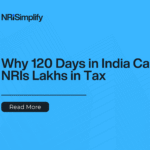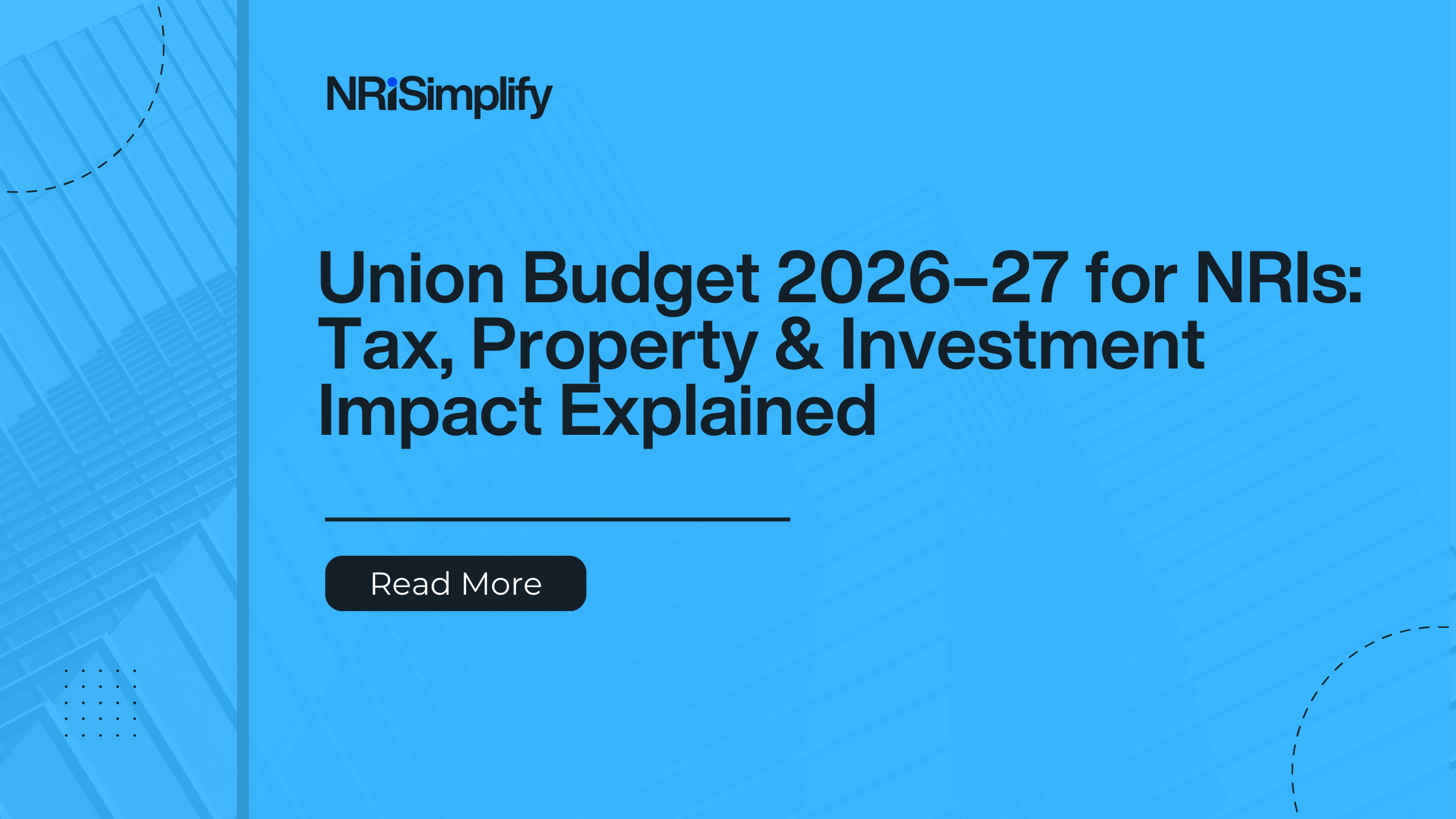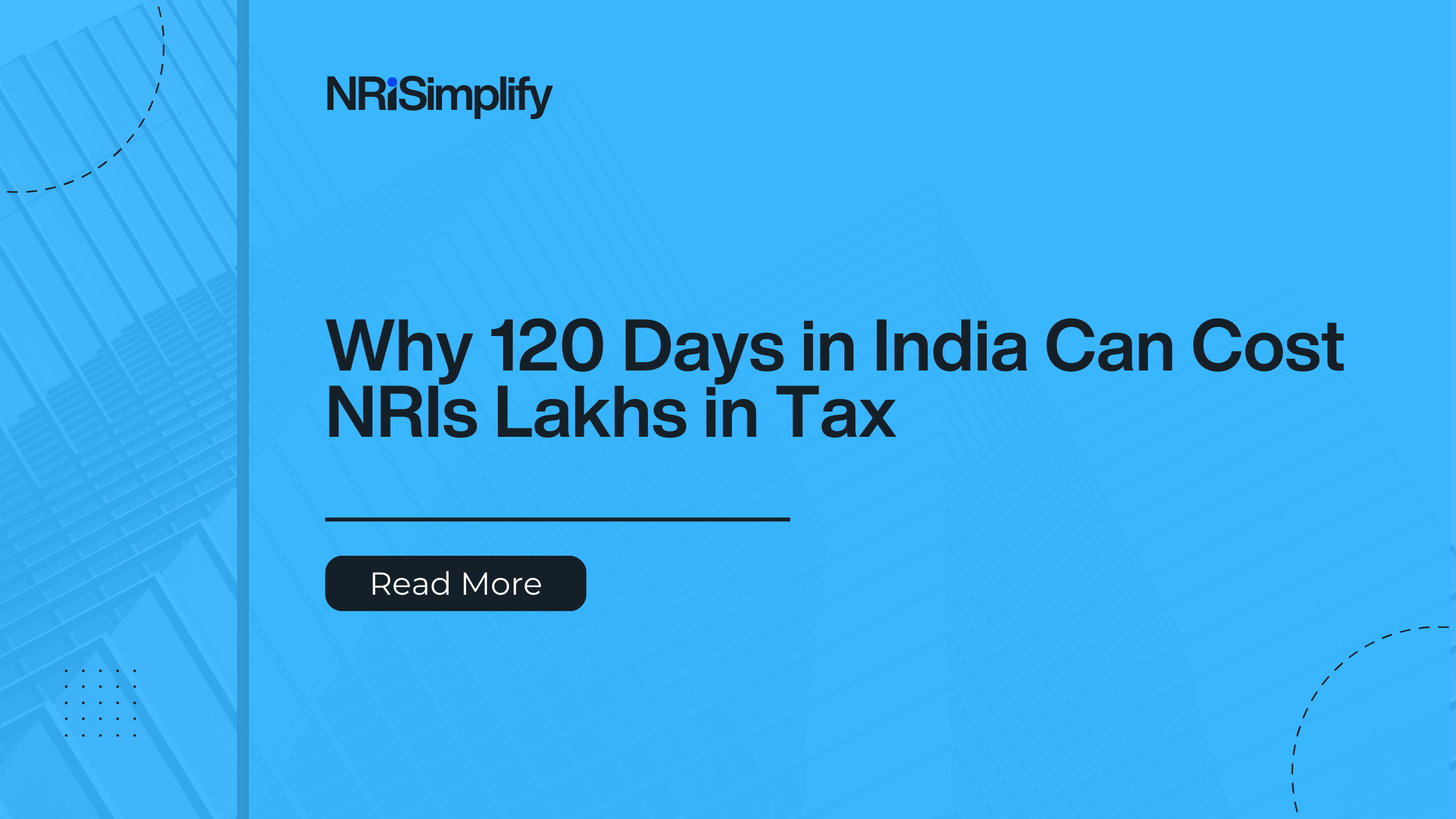For Non-Resident Indians (NRIs), choosing the right bank account to manage finances in India is essential. With multiple options available, understanding the differences in FCNR vs NRE vs NRO Account types can be confusing. Each account serves a unique purpose depending on the currency you want to hold, the source of your funds, and your repatriation needs—making it crucial to pick the one that aligns best with your financial goals.
This comprehensive guide breaks down the differences between these three popular NRI bank accounts to help you make an informed decision, maximize tax benefits, and manage your money efficiently.
1. What is an FCNR Account?
The Foreign Currency Non-Resident (FCNR) account enables NRIs to hold fixed deposits in foreign currency, safeguarding deposits against exchange rate fluctuations. It is ideal for NRIs who prefer to maintain their funds in foreign currency while earning tax-free interest in India.
Key Benefits:
- Deposits maintained in currencies such as USD, GBP, EUR, and others
- Interest earned is exempt from Indian income tax
- Fixed deposit terms typically range from 1 to 5 years
- Both principal and interest amounts can be fully repatriated without restrictions
2. Understanding NRE Accounts
An Non-Resident External (NRE) account is a rupee-denominated account designed to manage income earned abroad. It allows NRIs to remit their foreign earnings to India with the benefit of tax-free interest and free repatriability.
Highlights:
- Account held in Indian Rupees
- Interest earned is tax-exempt in India
- Principal and interest amounts can be repatriated without limit
- Useful for managing Indian expenses using foreign income
3. What is an NRO Account?
The Non-Resident Ordinary (NRO) account is used primarily for managing income earned within India, such as rent, dividends, pensions, or other local receipts. Unlike FCNR and NRE accounts, interest earned on NRO accounts is subject to Indian income tax.
Features:
- Account held in Indian Rupees
- Interest income is taxable as per Indian tax laws
- Current income can be repatriated without limits
- Repatriation of capital funds is capped at USD 1 million per financial year, subject to proper documentation and tax compliance
Quick Comparison of FCNR, NRE, and NRO Accounts
| Feature | FCNR | NRE | NRO |
| Currency | Foreign Currency (USD, GBP, EUR, etc.) | Indian Rupees | Indian Rupees |
| Purpose | Holding deposits in foreign currency | Managing foreign income in India | Managing income earned in India |
| Interest Taxability | Tax-free | Tax-free | Taxable |
| Repatriation | Fully repatriable | Fully repatriable | Income: fully repatriable; Capital: up to USD 1 million/year |
| Currency Fluctuation Risk | None | Present | Present |
Which Account Should You Opt For?
- FCNR Account: If your priority is to avoid currency conversion risks and maintain deposits in foreign currency.
- NRE Account: Best if you want to bring foreign earnings into India, enjoy tax-free interest, and have the flexibility to remit funds freely.
- NRO Account: Suitable for managing income generated in India, but with repatriation restrictions on capital.
Conclusion
Choosing the right bank account is a crucial step in managing your finances as an NRI. A clear understanding of the key features, benefits, and limitations in the FCNR vs NRE vs NRO Account comparison helps you optimize tax benefits, safeguard your money, and manage repatriation effectively.
For expert advice tailored to your specific financial situation, reach out to NRI Simplify — your trusted partner for NRI banking and investment solutions.
Frequently Asked Questions (FAQs)
Q1: Can NRIs open all three types of accounts simultaneously?
Yes, NRIs can maintain FCNR, NRE, and NRO accounts simultaneously, depending on their financial needs and income sources.
Q2: Is interest earned on all three accounts taxable?
Interest on FCNR and NRE accounts is exempt from Indian income tax, while interest earned on NRO accounts is taxable.
Q3: What is the repatriation limit for NRO accounts?
NRIs can repatriate up to USD 1 million per financial year from their NRO accounts, subject to documentation and tax compliance.
Q4: Are FCNR accounts suitable for short-term deposits?
FCNR accounts typically offer fixed deposits with tenures ranging from 1 to 5 years, so they are generally suited for medium to long-term investments.
Q5: Can funds from an NRE account be used to invest in India?
Yes, funds in an NRE account can be freely repatriated and used for investments in India.






